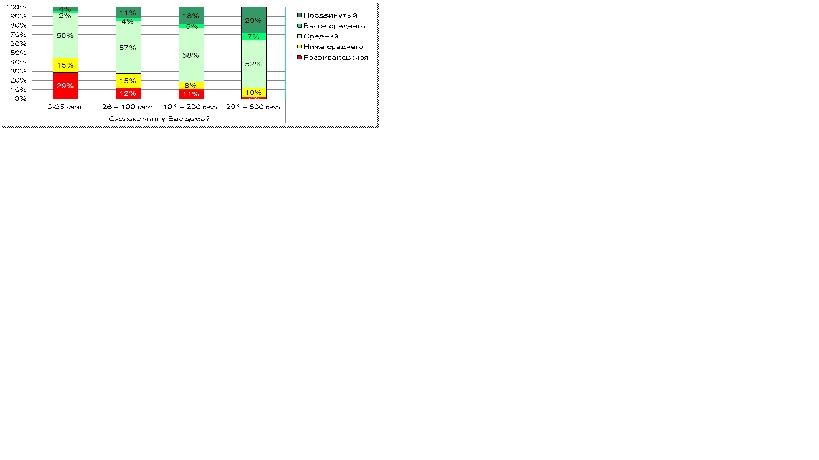The level of parent's education infuences the level of IC literacy of students.
This is the conclusion reached by the developers of IC Literacy Test, who made an assessment of students in schools in Tatarstan. At the same time, it turned out that the child’s information and communication literacy does not depend on the level of family income. The assessment results confirmed the hypothesis of the tool developers that the educational level of parents positively affects the level of IC literacy of students. Among students whose parents have higher education, more than 30% fell into the category of “advanced”. At the same time, only 13% of students whose parents received only secondary education demonstrate an advanced level. The availability of books at home also affects the level of literacy. So, in families where the number of books does not exceed 25, only 4% of students can be classified as “advanced”. On the contrary, the presence of a library of 200-500 books has a positive effect on the level of IC literacy: in such families, 29% are already considered as "advanced".

According to the head of the project, Svetlana Avdeeva, the assessment of students revealed another unexpected and interesting feature - the social status of parents does not significantly affect the level of IC literacy of students. No consistent correlations were found between the level of IC literacy of students and the material security of their families, determined by subjective assessment. Summing up, the level of IC literacy of a student is more determined by the presence of an “intellectual” environment in the family than by factors of its material well-being, which is ensured, inter alia, due to the social status of the parents. It also turned out that the student’s place of residence (city, village) is also a factor that weakly affects the level of IС literacy. (based on http://www.rtc-edu.ru/sites/default/files/files/trainings/kurs6/Avdeeva....)
